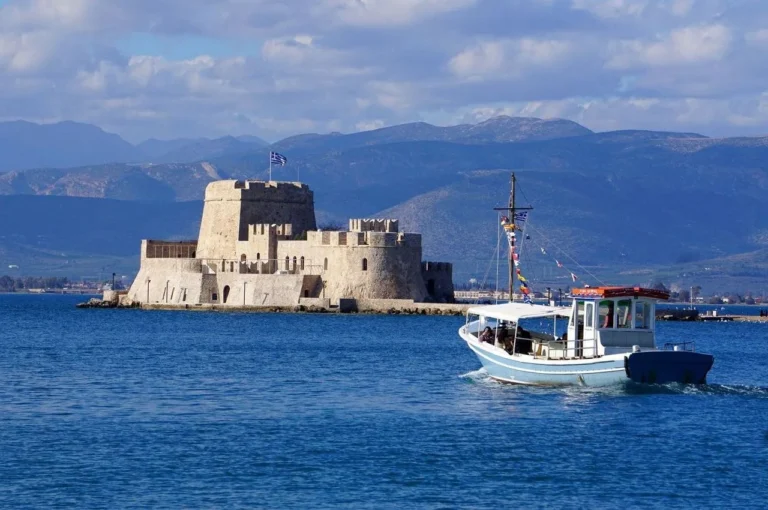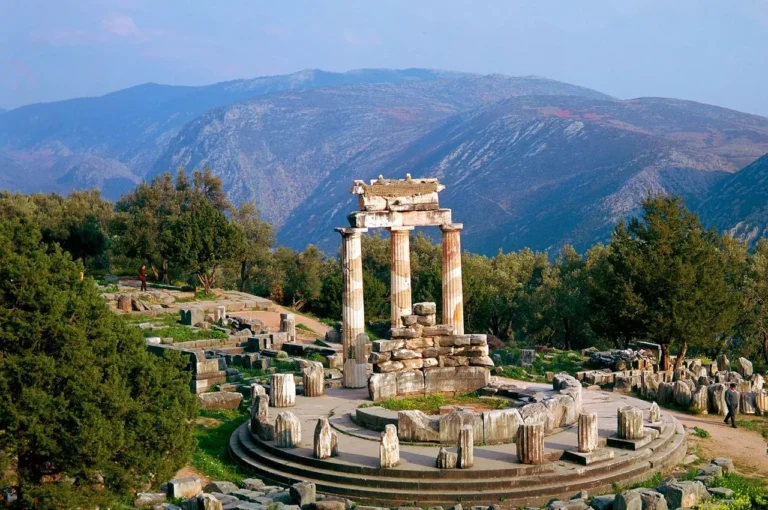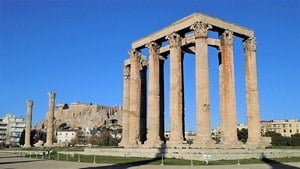Personalized quality experiences
BEST TOURS IN GREECE BY LOCAL EXPERTS!
We distinguish ourselves as a provider of exclusive travel services in Greece, offering once-in-a-lifetime tours led by local experts. With a commitment to quality, personalized experiences, and a deep love of Greek culture and history, Best Greece Tours invites travelers to explore Greece in a unique and memorable way.
Popular Tours & Shore Excursions
-
 Duration 4 daysPrivate Tour & Shore ExcursionPrice from € 345
Duration 4 daysPrivate Tour & Shore ExcursionPrice from € 345 -
 Duration 8 hoursPrivate Tour & Shore ExcursionPrice from €83
Duration 8 hoursPrivate Tour & Shore ExcursionPrice from €83 -
 Duration 8 hoursPrivate Tour & Shore ExcursionPrice from €99
Duration 8 hoursPrivate Tour & Shore ExcursionPrice from €99 -
 Duration 8 hoursPrivate Tour & Shore ExcursionPrice from €116
Duration 8 hoursPrivate Tour & Shore ExcursionPrice from €116 -
 Duration 6 hoursPrivate Tour & Shore ExcursionPrice from €76
Duration 6 hoursPrivate Tour & Shore ExcursionPrice from €76 -
 Duration 8 hoursPrivate Tour & Shore ExcursionPrice from €106
Duration 8 hoursPrivate Tour & Shore ExcursionPrice from €106 -
 Duration 8 hoursPrivate Tour & Shore ExcursionPrice from €110
Duration 8 hoursPrivate Tour & Shore ExcursionPrice from €110 -
 Duration 9 hoursPrivate Tour & Shore ExcursionPrice from €130
Duration 9 hoursPrivate Tour & Shore ExcursionPrice from €130
Our Guests Speak: Memorable Journeys Across Greece
4.96 Star
Review Average!
Review Average!

Enjoy Amazing Tours Around Greece with a Great Team of Experts
Best Greece Tours was founded in 1986 with a great idea, youthful enthusiasm, a sedan and a loan from the “Bank of Mom & Dad”. After many years of success, the founders Eleftheria & Anthony continue to run the company with the same youthful enthusiasm. Best Greece Tours has grown a lot since then and now owns and operates several sedans and minibuses, transporting more than 350 guests daily on sightseeing tours in Greece.



